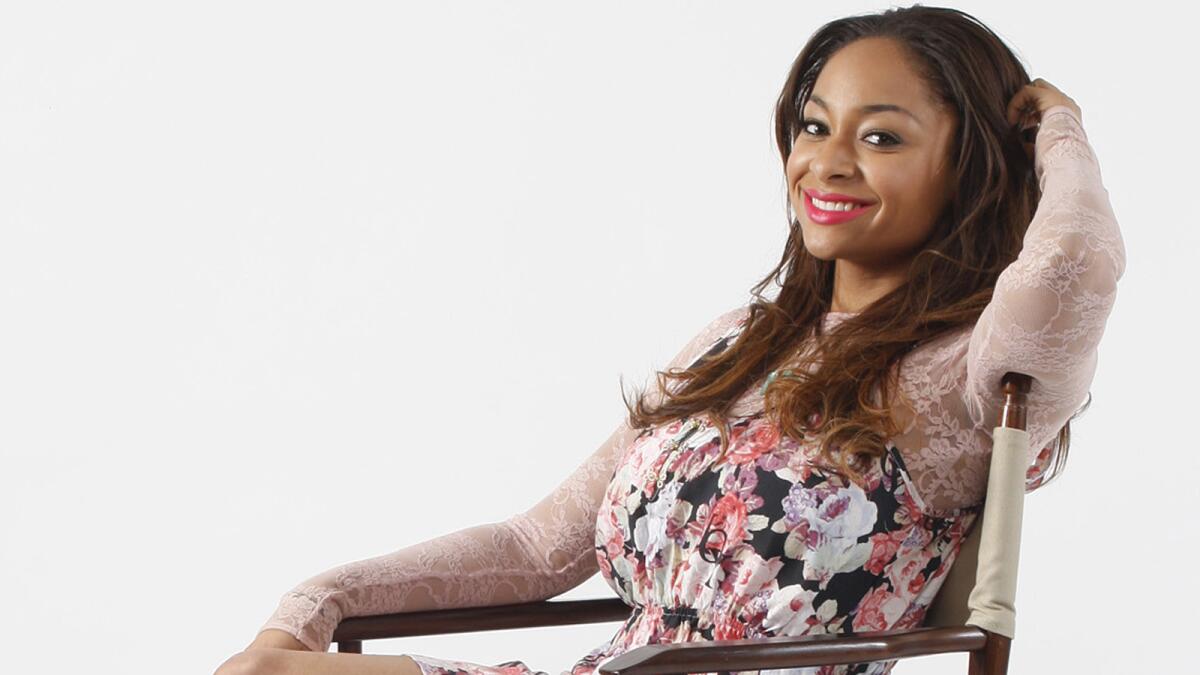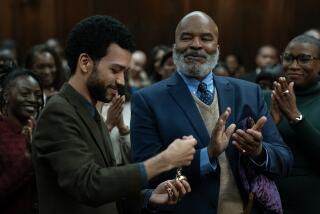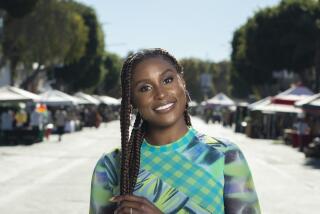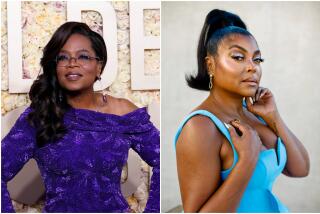‘Light Girls’ documentary sparks social media conversation

Social media were ablaze Tuesday concerning the topic of skin color within the African American community, a conversation sparked by Monday’s premiere of Bill Duke’s “Light Girls” documentary on the Oprah Winfrey Network.
“Light Girls” is the sequel to Duke’s 2011 documentary “Dark Girls.” Both films examine “colorism,” or discrimination based on skin color, within communities of color.
In an interview with The Times, Duke spoke about the reason why he chose to address the historically divisive issue.
“Pain has no color, but there’s a separation socially,” he said. “It’s assumed that light-skinned women have no problems or issues, but they are judged before you know who they are. The thing is one group thinks it’s going through more pain than the other. The fact of the matter is that when you’re in pain emotionally about your life, the color of your skin does not matter.”
But the social media conversation separated into groups of darker and lighter people having their own internal discussions. Voices in each group echoed long-held sentiments: Feeling undue pressure to be “black enough” for lighter women, or being “too black” for darker women.
Much criticism on Twitter swarmed around actress Raven-Symone who, in the documentary, said she tanned to be darker for her Disney Channel show “That’s So Raven.”
“Not interested in anything Raven-Symone has to say at this point. She doesn’t even want to be black,” one user tweeted, referring to the actress’ “Where Are They Now?” interview with Winfrey last year, when she said she didn’t want to be labeled, sexually or racially.
Following the documentary, the hashtag “#Blackgirls” trended on Twitter, led by Yaba Blay, author of “(1)ne Drop: Shifting the Lens on Race,” and senior digital editor for Ebony magazine Jamilah Lemieux. Users used this hashtag to talk about collective experiences and ways to acknowledge both groups’ individual pain.
Duke said he hopes that his documentaries help air out the black community’s “dirty laundry” so progress can take place.
“By healing the internal issues that we can heal as a people, our children don’t have to suffer the same agony and pain that we put each other through,” he said. “The second message is ‘Stop,’ because people are watching how we behave. Their behavior toward us is based on what they see us do to ourselves. We have to stop.”
Follow the reporter on Twitter: @TrevellAnderson
More to Read
The complete guide to home viewing
Get Screen Gab for everything about the TV shows and streaming movies everyone’s talking about.
You may occasionally receive promotional content from the Los Angeles Times.







